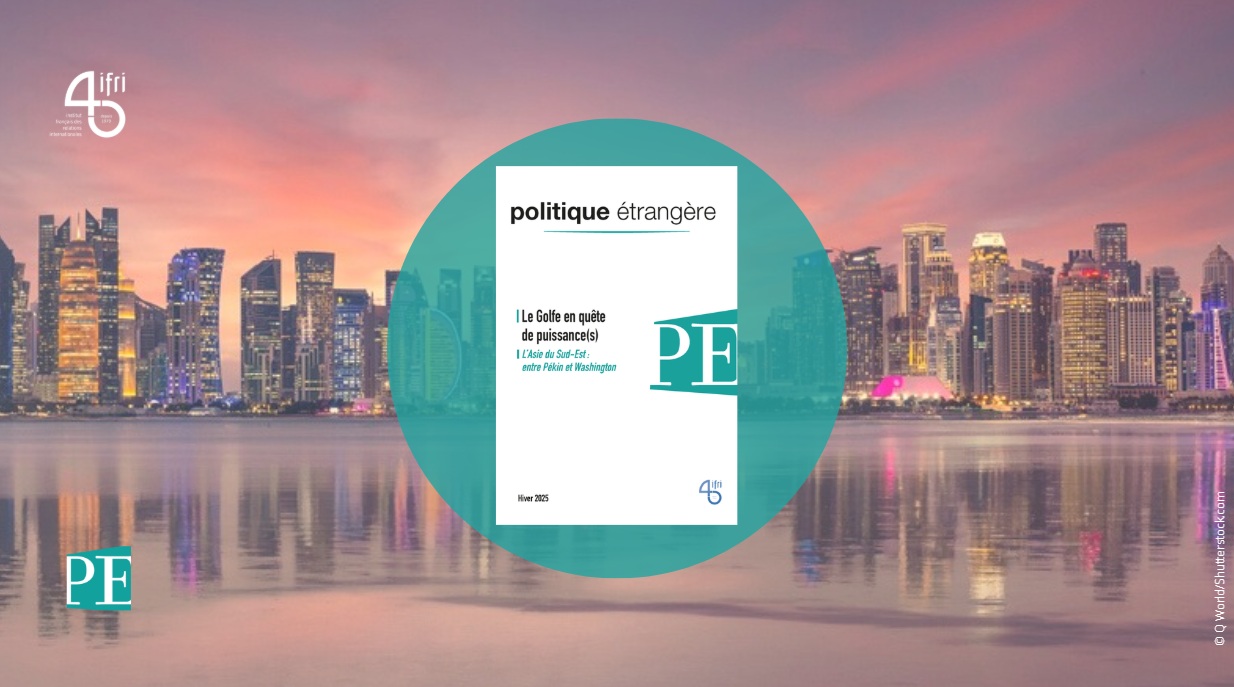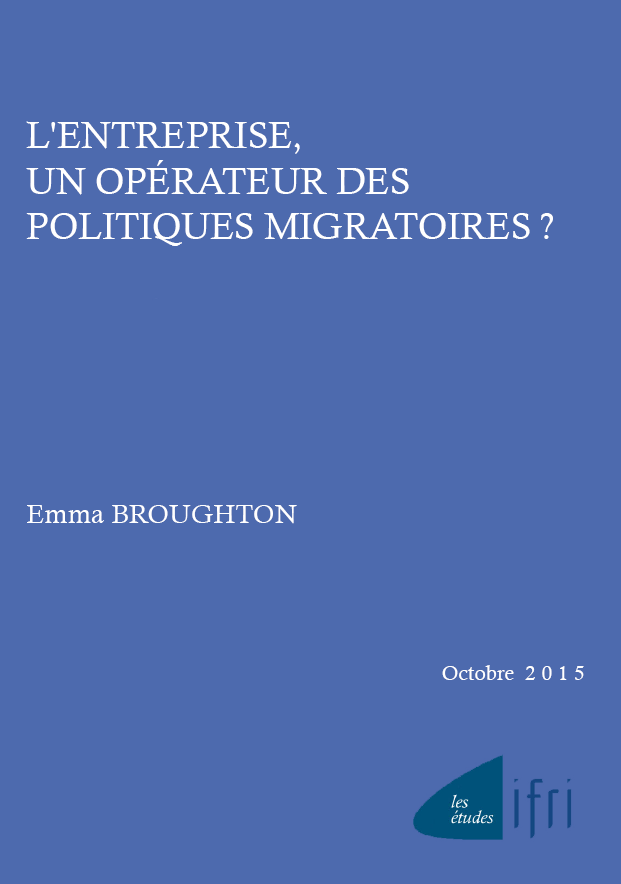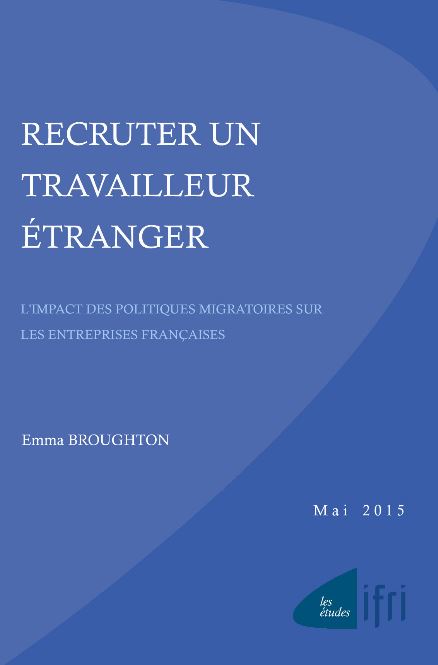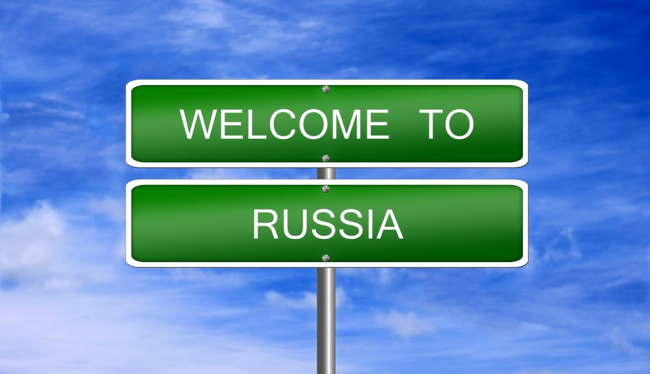Governance and Societies
States remain essential pillars of the international system, even if they are not the only players. Governance is a local, national and international issue.
Related Subjects

The New Diplomatic Weight of Gulf Countries

The political and economic weight of the Gulf monarchies has increased considerably. These countries have diversified their economies and become logistic hubs, attracting large numbers of investors. They have also managed to extend their power beyond their borders. However, the wider regional fallout of the war begun by Hamas on October 7, 2023 has cast doubt on the Gulf’s stability, especially as it seems that the American security umbrella can no longer be taken for granted
Russia’s Immigration Policy: New Challenges and Tools
A new stage in the development of Russia's migration policy is upon us. Since 2010, legal amendments and the Concept of Migration Policy of the Russian Federation to 2025, adopted in June 2012, marked a clear change in how migration flows are regulated, the aim being now to maximise the economic benefit of labour migration.
Refugees and European borders in the aftermath of Paris’ terror attacks
Just a day after the murderous attacks that killed 129 people and wounded about 350 more in Paris and St Denis on November 13th 2015, the word spread that a Syrian passport had been found near the body of one of the Stade de France’s attacker.

Are private companies agents in the implementation of French immigration policies?
Migration policies and rules applying to the recruitment of foreign workers impact HR and recruitment processes of French private companies. Administrative procedures are both complex and time consuming for they might require extra actions from those employees in charge of the recruitment process. The difficult access to clear information coupled with the impossibility to anticipate the outcome of recruitment procedures hinders economic objectives of firms and impacts their competitiveness.

Accommodating Refugees: The Other European Crisis
The European Union (EU) has been trying to establish a common European asylum system for fifteen years. This project has been stalled by disagreements between states, each looking out for its own national interests.

Migratory Flows in the Mediterranean
The current crisis in the Mediterranean is a part of an unprecedented global migratory movement.
Right of asylum: history of a European failure
Since the April 2015 shipwrecks in the Mediterranean, the right of asylum has become a priority in European talks. However, states have remained reluctant and sometimes hostile to measures of solidarity recommended by the European Commission. Such tensions raise the question of the European Union’s capacity to enforce a European asylum policy.

Issues in the Libyan Crisis
Libya is in chaos, divided by geographic, ethnic, economic, and religious rifts, with two militia supported governments, each trying to take control of the country’s oil fields.

Recruitment procedures of foreign workers in France. The point of view of French companies
Study on migration policies’ impact on recruitment procedures of foreign workers in France.
The Changing Face of Migration Flows
Migration continues to be an integral part of the political landscape in several European capitals, especially at a time when national or local elections are approaching. Nearly all EU member states are under pressure in one way or another from external challenges, but some are under constant pressure from migration flows.

The Netherlands and the Multicultural Crisis
For several decades, there has been general consensus bridging the Dutch political class regarding the notion of a multicultural society. This consensus is now being challenged.
Support independent French research
Ifri, a foundation recognized as being of public utility, relies largely on private donors – companies and individuals – to guarantee its sustainability and intellectual independence. Through their funding, donors help maintain the Institute's position among the world's leading think tanks. By benefiting from an internationally recognized network and expertise, donors refine their understanding of geopolitical risk and its consequences on global politics and the economy. In 2025, Ifri supports more than 80 French and foreign companies and organizations.







